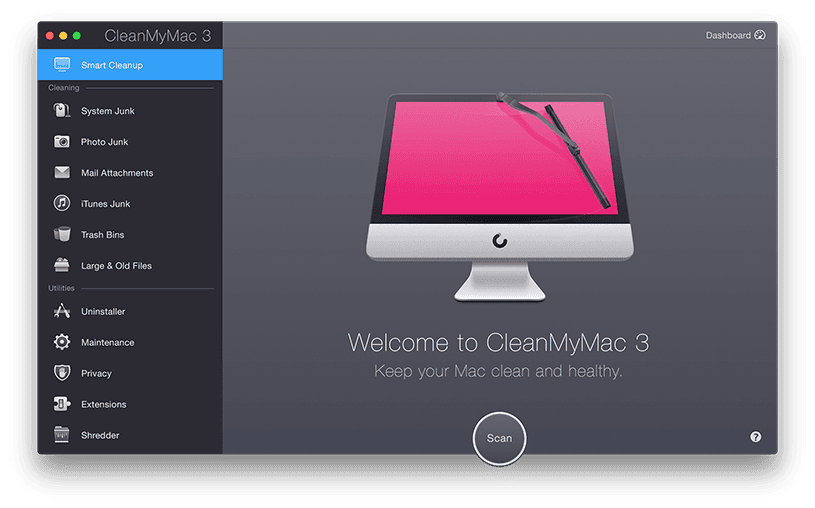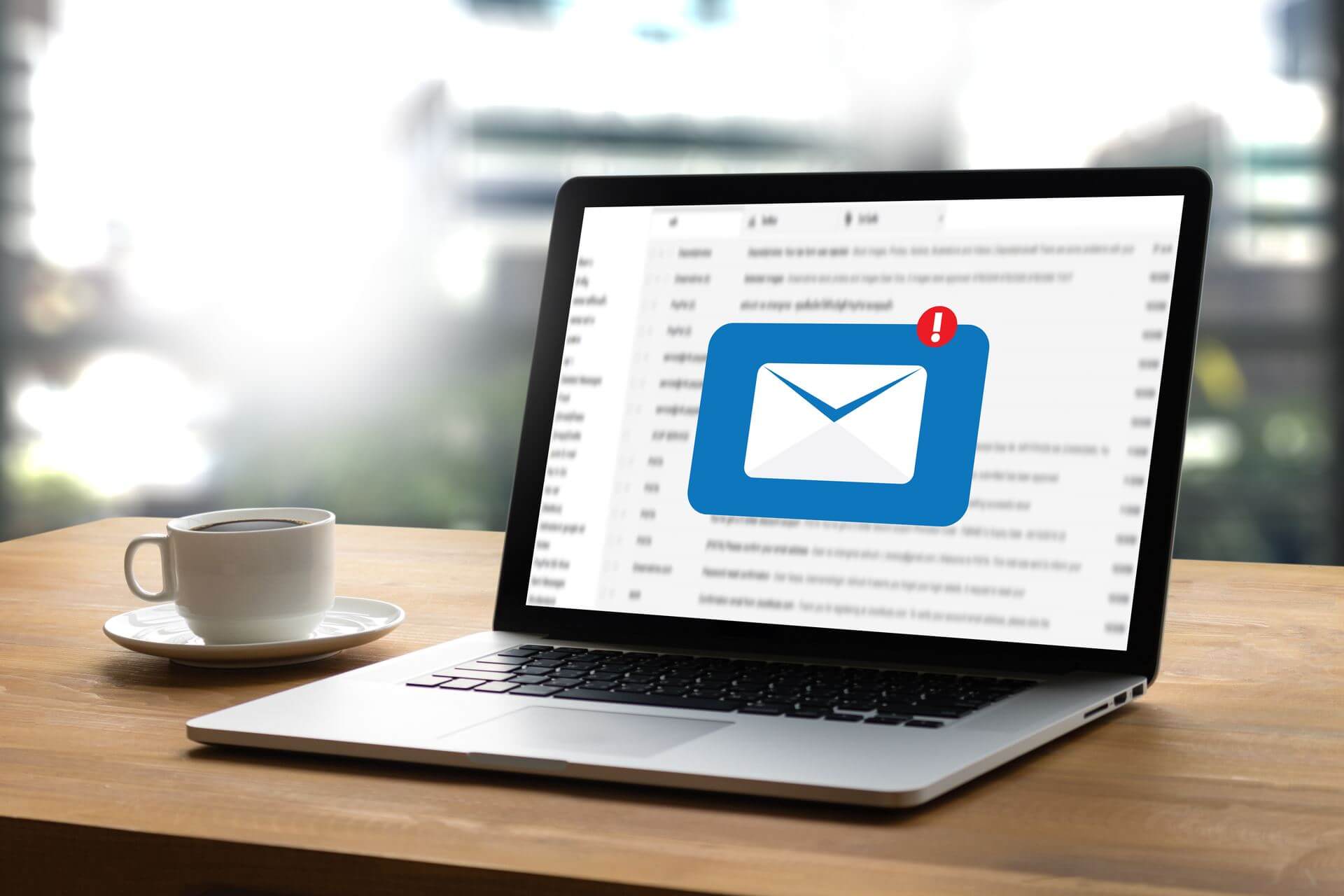
To remove 1Password for Linux and save a snapshot: sudo snap remove 1password To remove 1Password for Linux: sudo /opt/1Password/after-remove.shīy default, when you remove a snap, snapd 2.39 and later saves internal user, system, and configuration data as a snapshot To remove 1Password for Linux: sudo pacman -R 1password To remove your 1Password data: rm -R ~/.config/1Password To remove 1Password for Linux: sudo dnf remove 1password To remove 1Password for Linux and your 1Password data: sudo apt purge 1password rm -R ~/.config/1PasswordĬentOS, Fedora, or Red Hat Enterprise Linux To remove 1Password for Linux: sudo apt remove 1password

These steps will remove all your local 1Password data from your Linux computer. If you see “The folder can’t be found”, click Cancel and skip the next step.ĭrag any folders with com.agilebits or .1password in the name to the Trash. In Finder, choose Go > Go to Folder, then enter the following path and press Return: ~/Library/Application Support/ĭrag any folders with 1Password in the name to the Trash.Ĭhoose Go > Go to Folder, then enter the following path and press Return: ~/Library/Preferences/ĭrag any files with com.agilebits in the name to the Trash.Įxample: Ĭhoose Go > Go to Folder, then enter the following path and press Return: ~/Library/Containers/ĭrag any folders with com.agilebits and 1Password in the name to the Trash.Įxample: -osx-helperĬhoose Go > Go to Folder, then enter the following path and press Return: ~/Library/Group Containers/
WINDOWS 7 ON MACBOOK EJECT WONT WORK UPDATE
Select Start > Settings > Update & Security.These steps will remove all your local 1Password data from your Mac, including backups.You can use this tool to detect a problem that could be affecting the removal of your external hard drive.
WINDOWS 7 ON MACBOOK EJECT WONT WORK PC
The built-in Windows Hardware and Devices Troubleshooter is a tool that helps detect any issues with your PC or other devices connected to it. Use the Windows Hardware and Devices Troubleshooter You’ll have to try a clean boot to determine which program is the culprit.ġ. If you can, that means a startup program is accessing the drive immediately upon loading Windows. Lastly, you could try booting in Safe Mode and see if you can eject the drive without any issues.When the system boots up again, no apps should be accessing the drive, so you can try to eject it again and see if it works. Restart your system to resolve any glitches in the system that could affect the process of ejecting a drive on your PC.

If enabled, you may not be able to eject the external hard drive because the service can cause Windows to constantly access the drive. If it works on the other system, the issue probably lies with your computer system.


This disables the Safely Remove Hardware option so it won’t work when you’re trying to eject the drive.


 0 kommentar(er)
0 kommentar(er)
